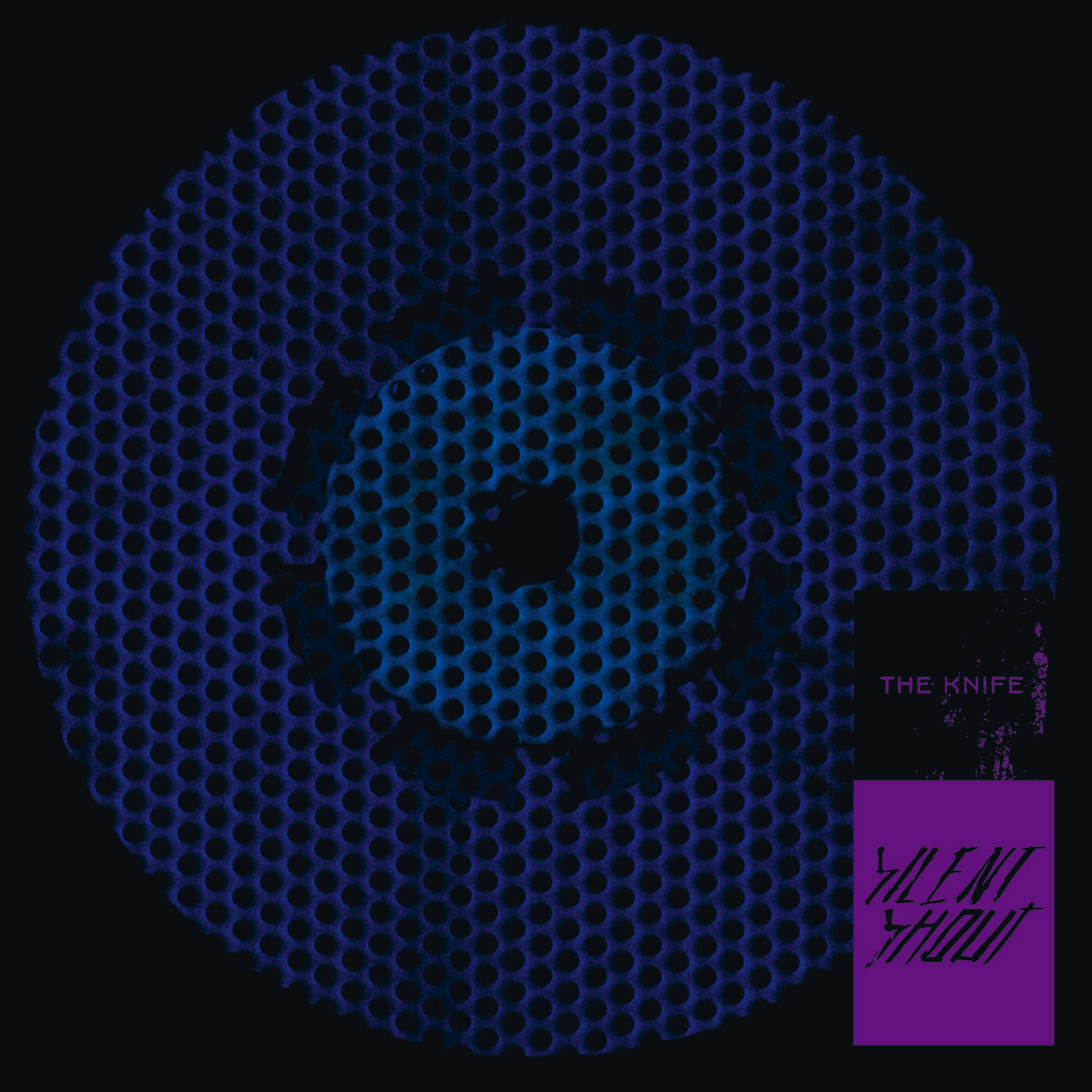Rainy Day Music #4: Silent Shout
March 10, 2014
Last week’s Rainy Day Album, Elliott Smith’s self-titled second release, was an intimate, acoustic exploration of the human emotions along the grey spectrum. This week’s pick, Silent Shout by The Knife, dives even deeper into the human psyche, unearthing grimy things that Freud probably fantasized about. And with its murky electronic aesthetic (our first Rainy Day Album not within the indie rock realm), it would probably provide the perfect soundtrack to his coked-out rainy days in Vienna. Thanks to the homie Quinn for picking this one.

Released in 2006, Silent Shout is The Knife’s third album. Their first two releases, 2001’s self-titled and 2003’s Deep Cuts, showcased the Swedish duo’s unique style of electro-pop that was sometimes strange, sometimes challenging, and sometimes goofy. These albums saw singer Karin Dreijer Andersson pitch shifting her vocals and employing harsh, gender-bending lyrics (“I keep my dick hanging out of my pants,” “I am a cop, shut up, I piss in your mouthÛ). There was definitely a sense that this wasn’t your everyday girly synth-pop band, but on Silent Shout The Knife really hit their stride, serving up a barren album that did away with any cuteness.
Beginning with the title track’s low-frequency pulse and coldly echoing synth, Silent Shout never once lets up the darkness. Dramatic synths unfurl and flicker around, creating an atmosphere of constant tension. Spiny drum patterns and echoing claps drive the beats relentlessly. The songs themselves are built of ominous, repetitive chords and arcane melodies. Longer, reverberating tones in the background give the production a feeling of endless, glacial depth.
This sinister atmosphere becomes the perfect environment for Andersson’s vocals, pitch shifted into territory unfamiliar, grotesque and sometimes even terrifying. Her natural voice, rich with a strong Swedish accent, is almost never safe from digital manipulation. Because of this it is hard to identify with her, and she becomes something of an omniscient narrator. Her vocals are often delivered in a chorus, with several deeper layers below her own, strengthening this sense. The rhythms drag you along as she delves into tales of isolation, deceit, violence and death.
However, this is by no means an album defined by cheap horror thrills. The lyrics, when parsed, reveal striking observations on disconnects between people, and most often the one between the two sexes. “Neverland” and “One Hit” dissect abuse (“nothing is more fatal than an angry manÛ), while “Na Na Na” enters the psyche of a rape victim who prays for “chemical castration.” “Marble House” and “From Off To On” explore the hollowness of domestic relationships. Other songs shine flashlights into other corners of human ill, vaguely referencing events and characters and building a sense of a larger, overarching noir. “The Captain” tells a story of soldiers, “Forest Families” of a cult. Closer “Still Light” is a depiction of a dying hospital patient’s last moments, with absolutely stunning lyrics detailing their loss of control.
Silent Shout moves along tirelessly, a deeper, more trance-like electronic album than its predecessors. While the songs are all dark and often disturbing, they are also quite catchy, each beat refusing to loosen its hold. The slower songs (“Na Na Na,” “From Off To On,” “Still LightÛ), give your body a break but increase the chilling ambience, resulting in a 50-minute album that feels a lot shorter. Its shadowy sound is best for a heavily rainy day that keeps you inside and alone. When those ugly parts of your mind begin to worm their way out of the claustrophobia, they’ll find a resonant frequency in Silent Shout.














